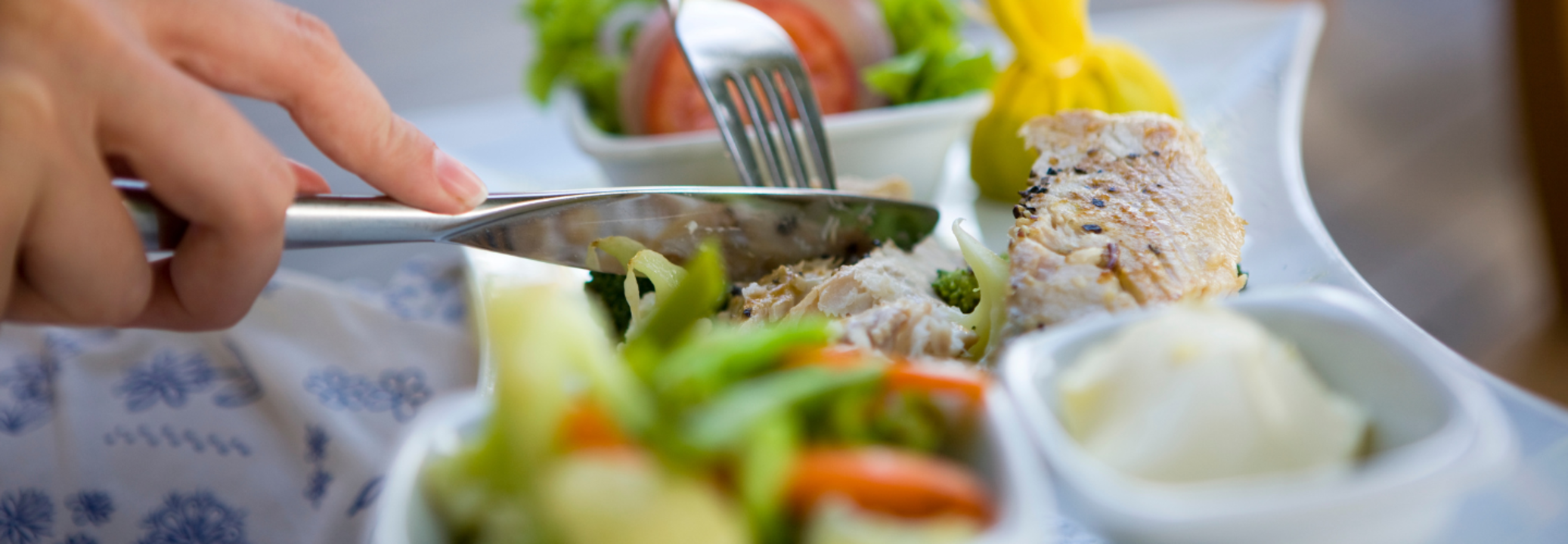Why You Should NOT Eat Until You’re Full

(Credit-Canva)
SummaryThe urge to eat until you have no space is something we all have experienced at least once. Maybe the food was just too good to pass on, or you were really hungry. But this is not something you should do often. Here’s why
End of Article
